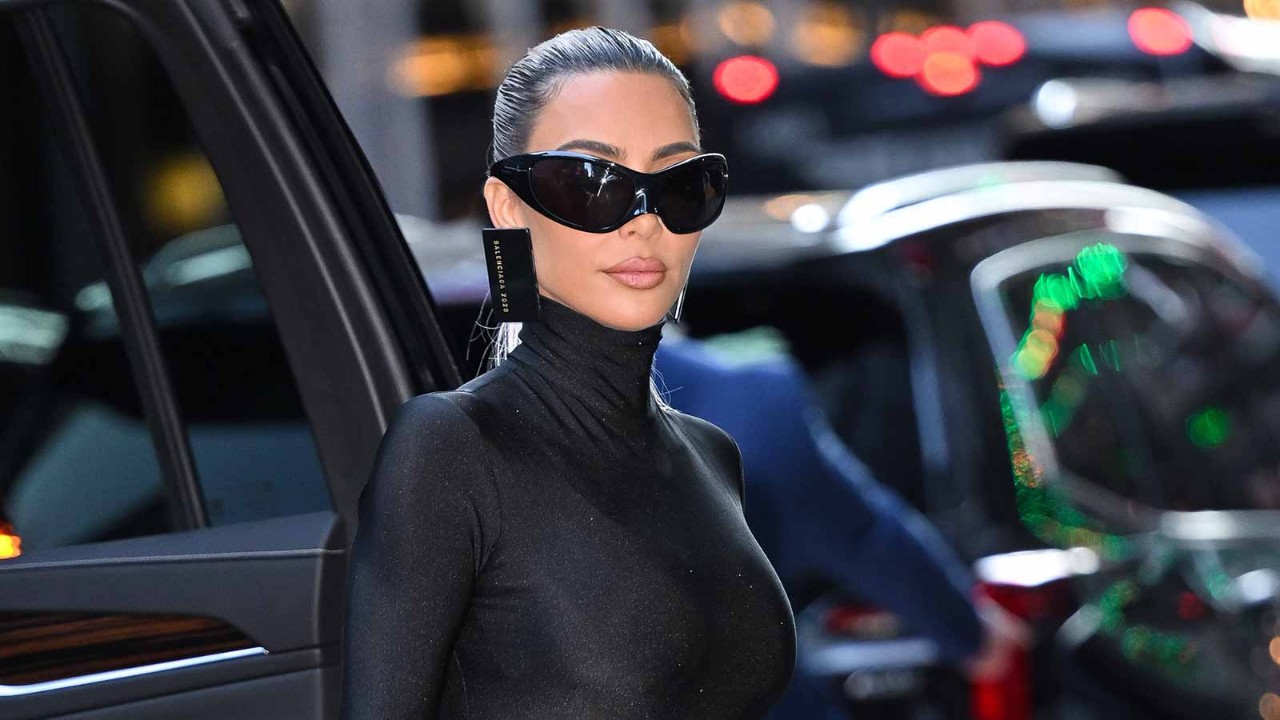
From time to time, Kim Kardashian breaks the internet with photos, videos and actions that spark global waves of online discussions and sharing. Such intense buzz was missing though when the US Securities and Exchange Commission (SEC) recently penalised her for breaking federal securities law.
That says something about that weird spot in our world today where celebrityhood intersects with investment promotion, where endorsements by the rich and famous get way more attention than warnings from the authorities.
Cryptocurrencies tend to congregate at that location, and it was indeed an offence relating to a cryptocurrency that landed Kardashian in the regulatory sin bin.
Failure to disclose
In a 3 October press release, the SEC said she touted on social media a crypto asset security offered and sold by EthereumMax. The wrongdoing was the failure to disclose that she had received about US$250,000 for the promotion.

It was indeed an offence relating to a cryptocurrency that landed Kardashian in the regulatory sin bin
Kardashian settled ‘without admitting or denying the SEC’s charges’, paying US$1.26m in penalties, disgorgement and interest, and cooperating with the SEC’s ongoing investigation. In addition, she must not promote any crypto asset securities for three years.
It all began on 13 June 2021, when the reality TV star put up a video on Instagram promising a ‘big announcement’. It was the introduction to an all-caps text post with this heading: ‘Are you guys into crypto????’
‘This is not financial advice but sharing what my friends just told me about the EthereumMax token!’ she wrote. She said a large number of the tokens were ‘burned’ as a gesture of giving back to the EthereumMax community. The post had a link to the EthereumMax website, which provided instructions for the purchase of tokens.
Among several hashtags at the end of the post was #AD, which is widely understood to mean that the post was an advertisement. However, the SEC rules impose a higher standard of disclosure.
In a November 2017 statement, the SEC noted that celebrities and others were using social media networks to encourage the public to purchase stocks and other investments.
‘These endorsements may be unlawful if they do not disclose the nature, source and amount of any compensation paid, directly or indirectly, by the company in exchange for the endorsement,’ said the commission.
Not alone
Kardashian is not the first big name to get in trouble with the SEC for being less than transparent about accepting money to tout cryptocurrencies on social media.
Four years ago, the regulator acted against professional boxer Floyd Mayweather Jr and music producer DJ Khaled for promoting investments in initial coin offerings (the cryptocurrency versions of initial public offerings) without revealing how much they had been paid to do so.
It appears that Kardashian and her team had not known about the Mayweather and Khaled cases. It is likely that they would have otherwise handled the EthereumMax promotion differently.
Paid endorsements of securities should be clearly identified as such, including stating the amounts received for highlighting the investments
The US$1.26m that she had to fork out was not a painful blow when compared with her net worth of US$1.8bn, as reported by Forbes. And she continues to be a social media juggernaut. At the time of her post on EthereumMax, Kardashian had approximately 225 million Instagram followers. That fan base has since added another 108 million people.
Hopefully, Kardashian’s encounter with the SEC has at least alerted celebrities and influencers to the anti-touting provisions of securities laws and their underlying principles.
Paid endorsements of securities should be clearly identified as such, including stating the amounts received for highlighting the investments. Without such information, people may mistake promotion as unbiased sharing.
It would be better yet if the public can be made aware of the basic but crucial point that celebrities do not necessarily have sufficient expertise to ensure the suitability of an investment and whether it complies with securities laws.


